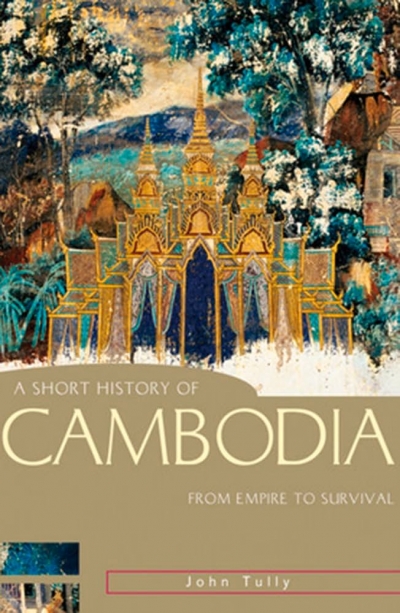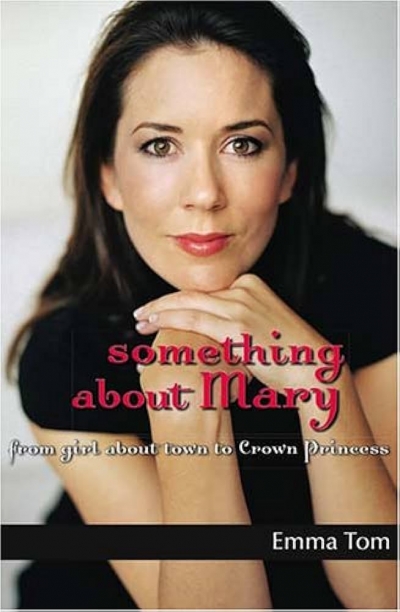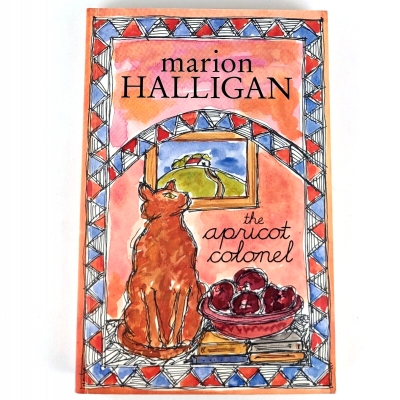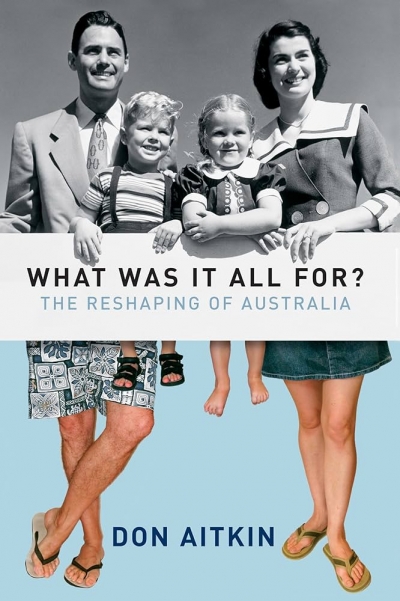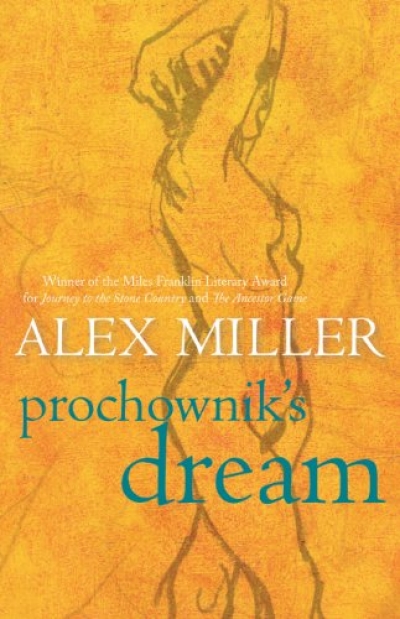Accessibility Tools
- Content scaling 100%
- Font size 100%
- Line height 100%
- Letter spacing 100%
Allen & Unwin
The ABR Podcast
Released every Thursday, the ABR podcast features our finest reviews, poetry, fiction, interviews, and commentary.
Subscribe via iTunes, Stitcher, Google, or Spotify, or search for ‘The ABR Podcast’ on your favourite podcast app.
‘Where is Nancy?’ Paradoxes in the pursuit of freedom
by Marilyn Lake
This week on The ABR Podcast, Marilyn Lake reviews The Art of Power: My story as America’s first woman Speaker of the House by Nancy Pelosi. The Art of Power, explains Lake, tells how Pelosi, ‘a mother of five and a housewife from California’, became the first woman Speaker of the United States House of Representatives. Marilyn Lake is a Professorial Fellow at the University of Melbourne. Listen to Marilyn Lake’s ‘Where is Nancy?’ Paradoxes in the pursuit of freedom’, published in the November issue of ABR.
Recent episodes:
A Short History of Cambodia: From empire to survival by John Tully
Brave New Workplace: How individual contracts are changing our jobs by David Peetz
Something About Mary by Emma Tom & Mary, Crown Princess of Denmark by Karin Palshøj and Gitte Redder (translated by Zanne Jappe Mallett)
What Was It All For? by Don Aitken & Australia Fair by Hugh Stretton
Noeline by Noeline Brown & Much Love, Jac X by Jacki Weaver
The Life of George Bass: Surgeon and sailor of the enlightenment by Miriam Estensen
Neal Blewett reviews 'Losing It' by Annabel Crabb, 'Loner: Inside a Labor tragedy' by Bernard Lagan, and 'The Latham Diaries' by Mark Latham
Although you might not guess it from media comment, The Latham Diaries (MUP, $39.95 hb, 429 pp, 0522852157) is the most important book yet published on Labor’s wilderness years. It provides a pungent characterisation of Labor’s post-1996 history; conveys a profound understanding of the challenges facing a social democratic party in contemporary Australia ...
... (read more)

